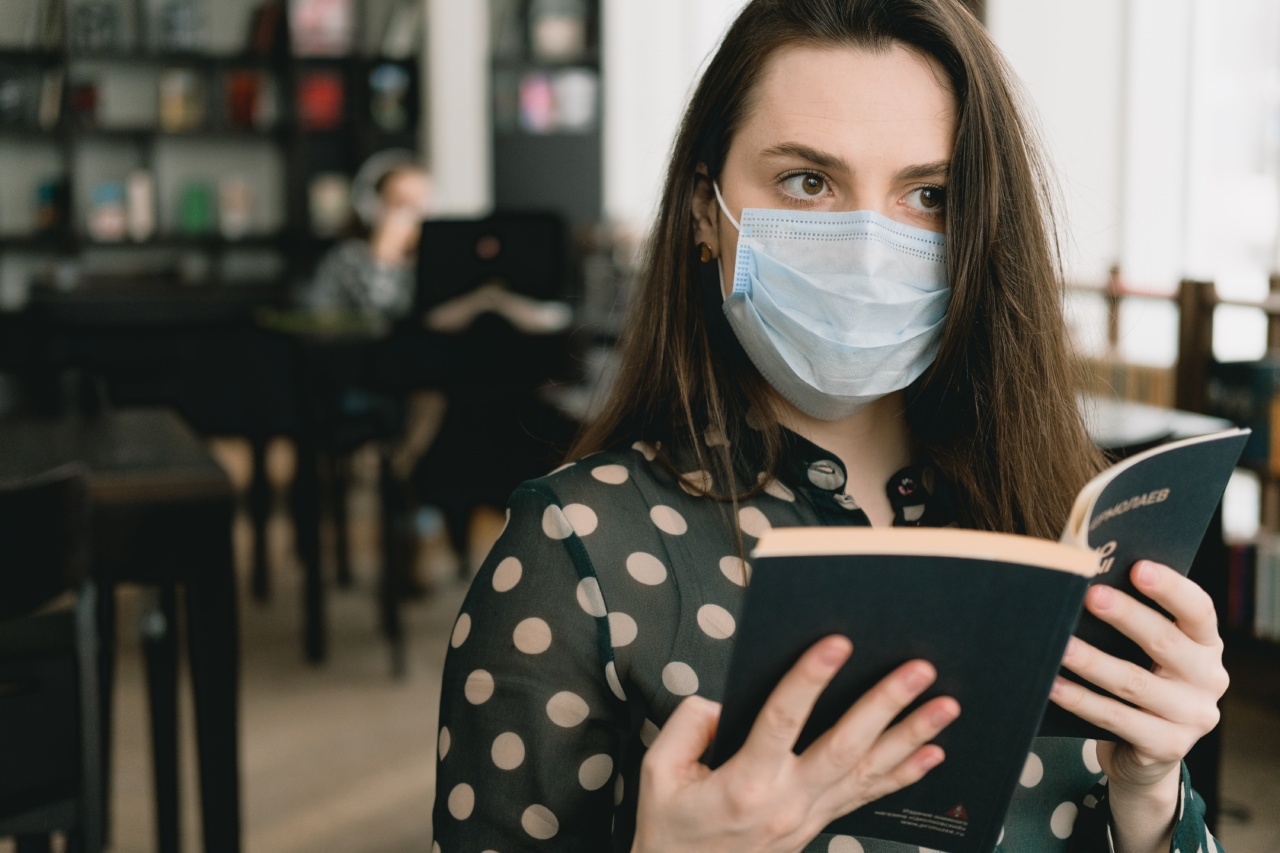Warts are a common skin condition that can be caused by the human papillomavirus (HPV). There are over 100 different types of HPV, and not all of them cause warts.
In fact, many people who are infected with HPV will never develop warts or any other symptoms.
What Are Warts?
Warts are small, noncancerous growths on the skin. They can occur anywhere on the body, but are most commonly found on the hands and feet.
Warts are caused by a viral infection of the skin, and are spread from person to person through direct contact or through contact with surfaces that have come into contact with the virus.
There are several different types of warts, including:.
- Common warts – These are raised bumps that usually appear on the hands, fingers, or elbows.
- Plantar warts – These are hard, flat warts that usually appear on the soles of the feet.
- Genital warts – These are warts that appear on or around the genitals or anus.
- Flat warts – These are small, flat warts that usually appear on the face, legs, or arms.
What Is the HPV Virus?
The human papillomavirus (HPV) is a common virus that can affect both men and women. There are over 100 different types of HPV, and some can cause warts while others can cause more serious health problems, such as cancer of the cervix, anus, or throat.
HPV is spread through sexual contact, and can also be spread through skin-to-skin contact.
How Do You Get Warts?
Warts are caused by a viral infection of the skin.
The virus that causes warts is called the human papillomavirus (HPV), and it is spread through direct contact with an infected person or through contact with surfaces that have come into contact with the virus.
Warts can be spread from one part of the body to another, so it’s important to avoid picking at or scratching warts. If you do have warts, it’s important to wash your hands frequently to avoid spreading the virus to others.
How Are Warts Treated?
Most warts will go away on their own without treatment. However, if a wart is causing discomfort or is in a visible location, treatment may be necessary. Treatment options for warts include:.
- Over-the-counter medications – There are many over-the-counter medications available that can help treat warts.
- Cryotherapy – This involves freezing the wart with liquid nitrogen.
- Electrosurgery – This involves burning the wart with an electrical current.
- Laser therapy – This involves using a laser to destroy the wart.
How Do You Prevent Warts?
There are several things you can do to help prevent warts:.
- Avoid touching warts on other people.
- Avoid sharing towels, razors, and other personal items with others.
- Avoid walking barefoot in public places, such as locker rooms and public showers.
- Avoid picking at or scratching warts.
- Keep your hands clean and avoid touching your face.
Conclusion
Warts are a common skin condition that can be caused by the human papillomavirus (HPV). Although warts can be unsightly and uncomfortable, they are usually harmless and will go away on their own without treatment.
If you do have warts, it’s important to avoid picking at them and to keep your hands clean to avoid spreading the virus to others.





























